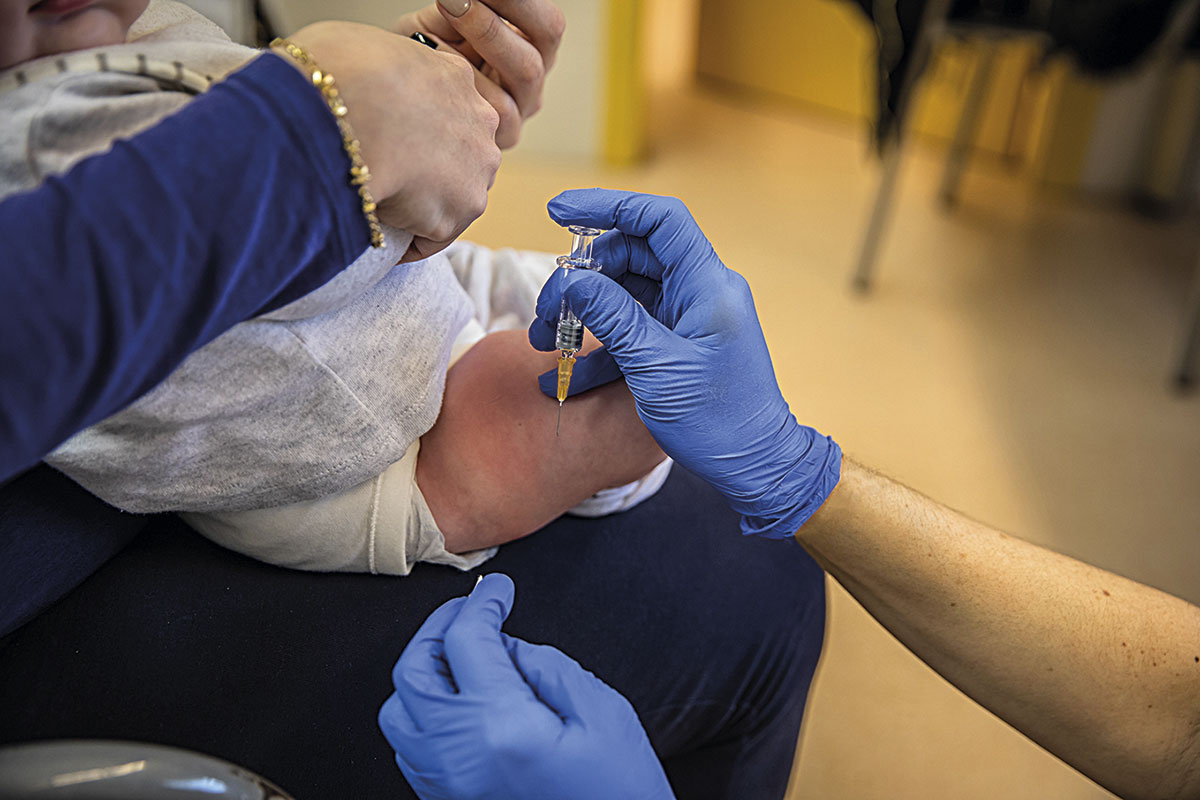
Courage in science isn’t proving yourself right. It’s in your efforts to prove yourself wrong.
Brian Deer, journalist
In February 1998, gastroenterologist Andrew J. Wakefield and eleven colleagues published an article in the prestigious medical journal The Lancet entitled «Ileal-lymphoid-nodular hyperplasia, non-specific colitis, and pervasive developmental disorder in children». The study, which involved only twelve child patients, described a «new» syndrome called autistic enterocolitis caused by the measles, rubella and mumps vaccine (also known as MMR). The article suggested an apparent link between the MMR vaccine and the onset of autism, and called on the scientific community to investigate this line of research further.
At the press conference where the study was published, Wakefield urged caution in administering the MMR vaccine and questioned the use of combined vaccines, which made it difficult to identify which of the three caused the syndrome. A news bomb had gone off. The follow-up to the link between the vaccine and autism was intense, first in the UK and then in the rest of the world. As a result of this publication, confidence in the MMR and other vaccines fell among families with children eligible for vaccination and also among some health professionals. A significant percentage of paediatricians decided not to recommend certain vaccinations. By the mid-2000s, vaccination coverage against these three viruses (measles, rubella and mumps) had dropped from the required 95% to 80%, with outbreaks occurring.
Between 2004 and 2007, investigative journalist Brian Deer published a series of articles in The Sunday Times exposing the fraud of the controversial publication. Wakefield held a patent for an alternative measles vaccine and also for a diagnostic system for the new syndrome he described. The data in the article had clearly been manipulated. For example, some of the children in the study already had some kind of neurological disorder before the vaccine was administered, although the authors claimed they did not. Some patients had been recruited from openly anti-vaccine families, and the study had been funded with a view to launching a lawsuit against the vaccine. Wakefield also failed to declare his conflicts of interest during the publication process. The evidence of fraud led to a preliminary retraction of the article in 2004 and a final retraction in 2010. The Lancet‘s editor, Richard Horton, said the paper should never have been published.
In January 2010, Dr Wakefield was struck off by the UK’s General Medical Council for medical malpractice and has since been suspended from practice. Notably, more than 20,000 papers, with a cumulative sample size of tens of millions of child patients, have failed to establish a causal link between the MMR vaccine – or any vaccine, for that matter – and autism.
The Wakefield scandal is probably one of the most damaging events against vaccines and the aetiology of autism, and it has many other interesting spin-offs. The details can be found in the book The doctor who fooled the world, published by Brian Deer in 2020. It is an unauthorised biography of Dr Wakefield, written before the coronavirus pandemic that has caused so much concern in the world of vaccines, with their merits and detractors. This story shines a light that remains with us.





